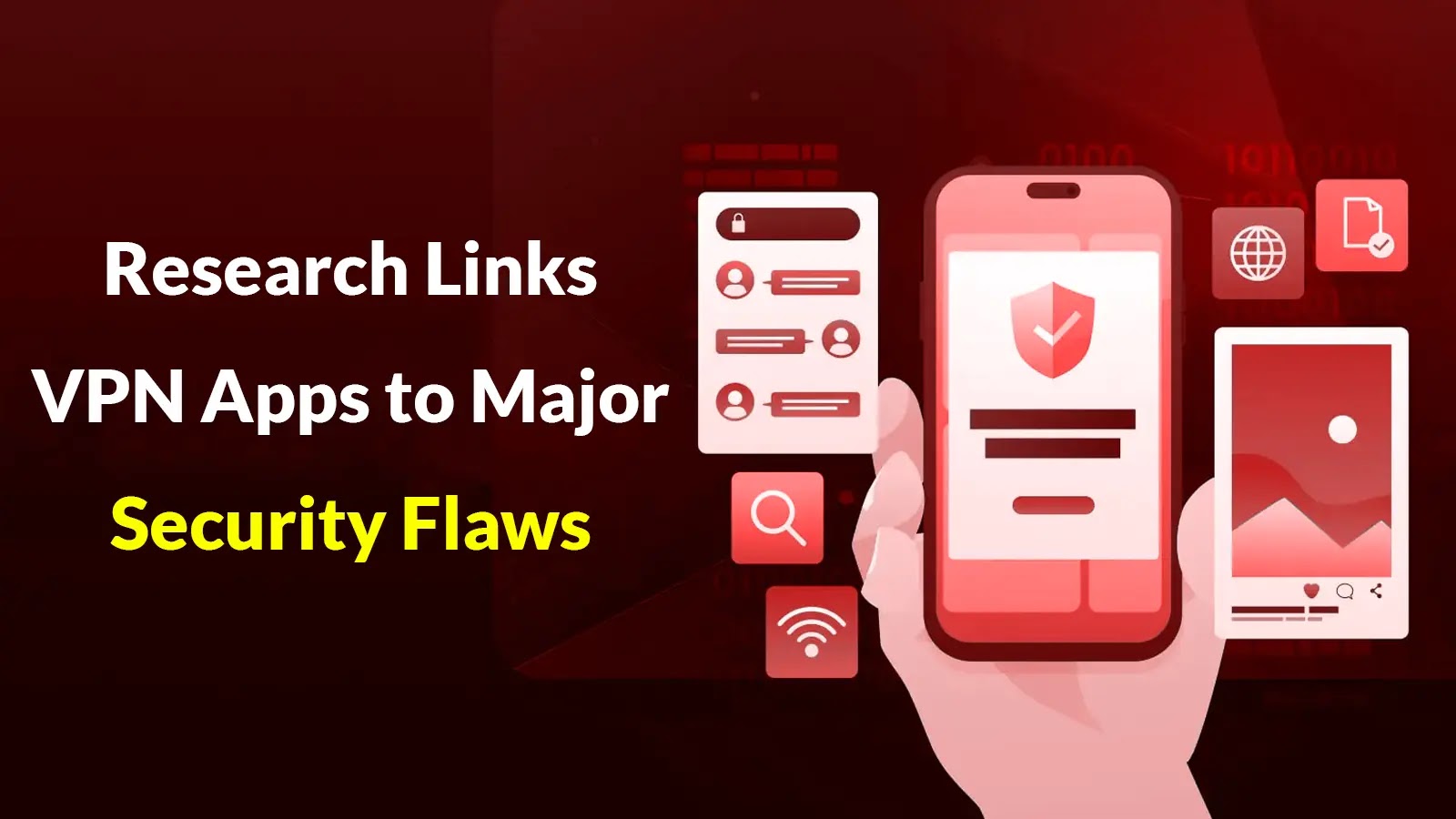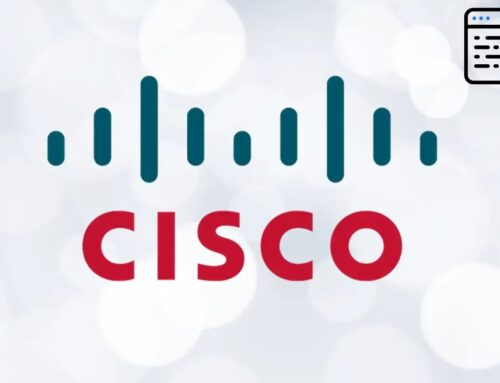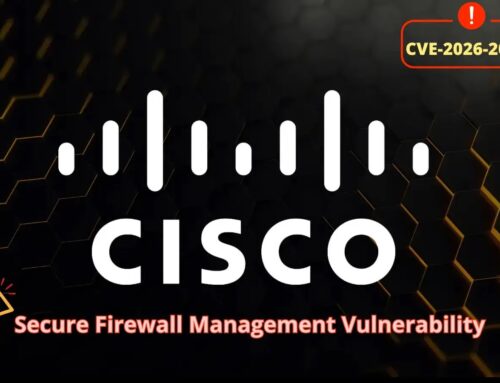
New Research Uncovers Connection Between VPN Apps and Multiple Security Vulnerabilities
New Research Uncovers Alarming Security Vulnerabilities in Popular VPN Apps
Virtual Private Networks (VPNs) are widely touted as essential tools for digital privacy and security, encrypting internet traffic and masking IP addresses. However, recent groundbreaking research has exposed critical flaws within numerous VPN applications, compromizing the very protections they promise and affecting an estimated 700 million users globally. This discovery necessitates a re-evaluation of trust in these services and a deeper understanding of the inherent risks.
The Research and Its Alarming Findings
A collaborative effort by cybersecurity experts from Arizona State University, Citizen Lab, and Bowdoin College has brought to light significant security weaknesses within the VPN ecosystem. Their comprehensive security analysis identified three distinct families of VPN providers exhibiting these vulnerabilities, demonstrating a systemic problem rather than isolated incidents.
- Over 700 million users are potentially exposed due to these flaws.
- The vulnerabilities undermine the core principles of privacy and security that VPNs are designed to provide.
- This research spans multiple popular VPN applications, indicating a widespread issue across the industry.
Understanding the Nature of the Vulnerabilities
While the initial information outlines the overarching discovery, a deeper dive into common VPN vulnerabilities typically includes:
- DNS Leaks: Even with a VPN connected, a DNS leak can reveal browsing activity to your Internet Service Provider (ISP) or other third parties, circumventing the VPN’s encryption. This is often due to misconfigurations or design flaws where the VPN client fails to properly route DNS queries through the secure tunnel.
- IP Address Leaks: Despite the VPN’s role in masking your IP, certain vulnerabilities can expose your real IP address. This might occur through WebRTC leaks in browsers or through specific client-side software flaws that bypass the VPN tunnel for certain traffic.
- Weak Encryption Protocols or Implementations: Some VPN services might use outdated or improperly implemented encryption standards, making it easier for adversaries to decrypt user traffic.
- Client-Side Software Flaws: Vulnerabilities within the VPN application itself, installed on the user’s device, can create backdoors or exposure points. These can range from buffer overflows to insecure update mechanisms. An example of such a potential flaw, though not specifically linked to this research, could be a vulnerability like CVE-2023-38035 (a general example for illustration of client-side issues).
Remediation Actions and Best Practices
Given the findings, it’s imperative for users to adopt a proactive stance regarding their VPN usage and overall digital security:
- Verify Your VPN Provider’s Reputation: Choose VPNs with a strong track record, transparent security audits, and clear privacy policies. Research independent reviews and security analyses.
- Check for DNS and IP Leaks: Utilize online tools (readily available via a quick search) to test your VPN connection for DNS and IP leaks immediately after connecting.
- Keep VPN Software Updated: Ensure your VPN application is always updated to the latest version. Developers frequently release patches for newly discovered vulnerabilities. Enable automatic updates if available.
- Understand the VPN’s Logging Policy: A “no-logs” policy is crucial. However, verify what “no-logs” truly means to a specific provider, as interpretations can vary.
- Consider Alternative Security Layers: VPNs are a part of a broader security strategy. Combine them with strong, unique passwords, two-factor authentication (2FA), and reputable antivirus software.
- Be Cautious of “Free” VPNs: Free VPN services often come with hidden costs, such as selling user data or embedding malicious software. If a service is free, you might be the product.
Tools for Detection and Mitigation
| Tool Name | Purpose | Link |
|---|---|---|
| IPLeak.net | Identifies potential IP and DNS leaks when connected to a VPN. | https://ipleak.net/ |
| DNSLeakTest.com | Specifically checks for DNS leaks, showing if your ISP’s DNS servers are being used. | https://www.dnsleaktest.com/ |
| WebRTC Leak Test (Many Online Options) | Detects if WebRTC is exposing your real IP address. | (Search “WebRTC leak test” for various options) |
| Wireshark | Network protocol analyzer for deep inspection of network traffic to confirm VPN tunnel integrity. | https://www.wireshark.org/download.html |
Conclusion
The findings from Arizona State University, Citizen Lab, and Bowdoin College underscore a critical reality: no security solution is foolproof. While VPNs remain valuable tools for enhancing online privacy, users must exercise due diligence. This research serves as a stark reminder that trusting a service implicitly, especially one designed for security, can lead to significant vulnerabilities. Continuous vigilance, informed choices, and adherence to best security practices are paramount in navigating the complex digital landscape securely.





